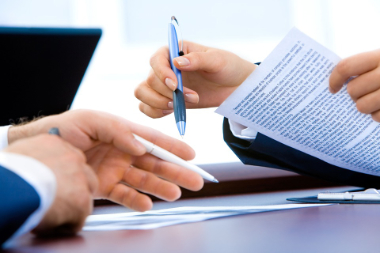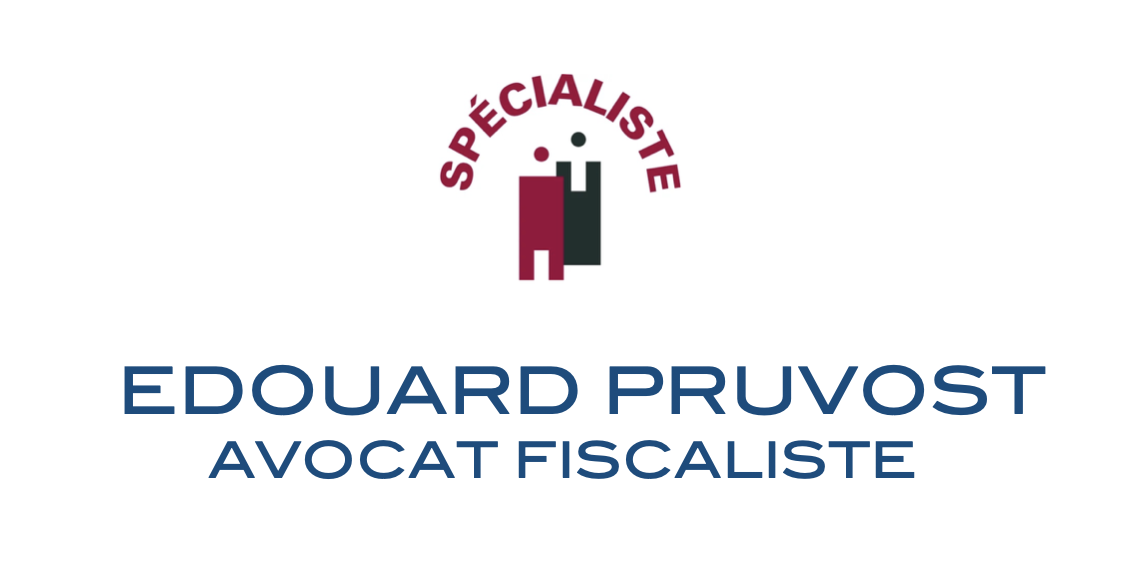VAT control: what is it?
What is a VAT control?
What is the difference between an internal VAT control and a tax audit of VAT conducted by the tax authorities?
Why conduct a VAT control?
How does a VAT control proceed?
Who is affected by the VAT control?
Why hire a tax lawyer for a VAT control?
What is a VAT audit?
A VAT control is an audit and advisory mission carried out by a VAT specialist to ensure the company’s compliance with the VAT regime. The VAT expert responsible for the control mission will audit various points, including: collected VAT, deductible VAT, coefficient of subjecting different operations, right to deduction and recovery of VAT, VAT exemption regimes…
What is the difference between an internal VAT audit and a VAT audit carried out by the Tax Administration?
Internal VAT control is carried out confidentially by your VAT specialist and is conducted outside of any tax audit conducted by the tax authorities. In its implementation, internal VAT control will resemble a tax audit that could have been carried out by the tax authorities to anticipate and prevent any errors that could have been made by the company.
The fundamental difference between internal control and tax authority control lies in the financial consequences that may result for the company. When the control is carried out internally preventively, the company will not have to pay any potential penalties or late interest that the tax authorities could have applied during a tax audit of VAT.
Why carry out a VAT audit?
VAT is the tax that generates the most revenue for the French state each year, constituting almost half of the annual budget. Thus, VAT generates an average of between 130 and 150 billion euros for France. Moreover, VAT tax audits allow the tax authorities to generate an additional 3 to 4 billion euros each year. According to INSEE, there would be a shortfall of 20 to 25 billion euros annually due to errors or omissions by businesses.
Under these conditions, preventing the tax risks associated with VAT has become a major challenge for businesses. Conducting regular VAT audits upstream of any checks that may be carried out by the tax authorities is essential for companies as part of effective VAT management.
How does a VAT audit take place?
VAT control begins with the collection of various accounting and tax information from the company: balance sheet, annexes, FEC (file of accounting entries), tax return, VAT declarations, invoices, etc. These elements allow an analysis of the company’s tax situation in relation to VAT. Some complex transactions often require the collection of additional information to determine the applicable VAT regime.
The digitization of accounting entries as well as the tax obligations of companies often allows the remote conduct of VAT audits today.
The VAT audit is followed by the delivery of an audit report stating whether or not the company complies with the VAT regime, highlighting areas of concern and recommendations from your VAT expert.
After the delivery of the audit report, your VAT expert will assist you in any necessary adjustments and in the implementation of a VAT strategy to improve your internal management of this tax.
Who is affected by VAT control?
VAT control concerns all businesses and all sectors of activity. Indeed, beyond micro-businesses that may benefit from the VAT exemption regime, this tax may apply to all sectors of activity, including certain activities considered exempt, as the completion of certain operations may, in some cases, be subject to VAT.
Why call on a tax lawyer for a VAT audit?
The VAT regime is one of the most complex tax regimes. Thus, errors related to VAT often lead to numerous tax audits for companies, and the financial consequences can be significant.
For this reason, our team of tax lawyers has developed specialized expertise in VAT to advise companies on better fiscal management of this tax.
Referent tax lawyer for VAT tax audits
Maître Edouard PRUVOST specializes in VAT tax audits. He has handled hundreds of cases in taxation, with a significant number related to VAT.
Contact:
5 Rue du Faubourg Saint-Honoré
75008 Paris
01 88 33 98 87
contact@pccavocats.com
Contact Form


